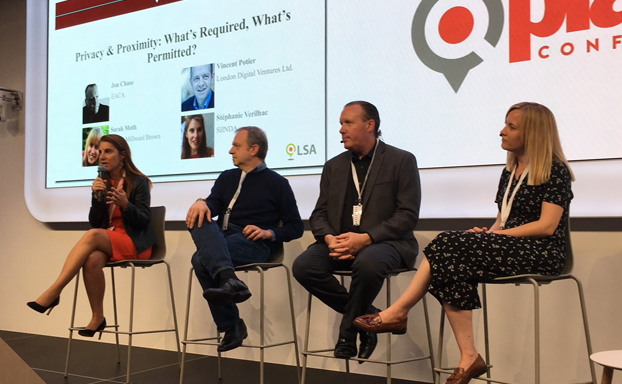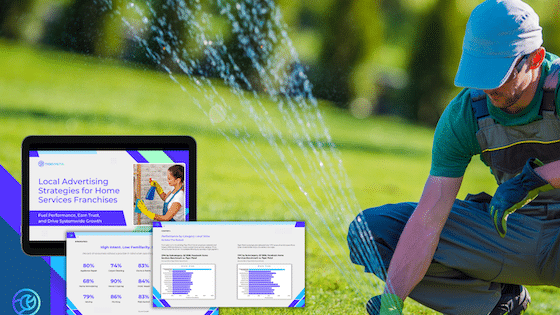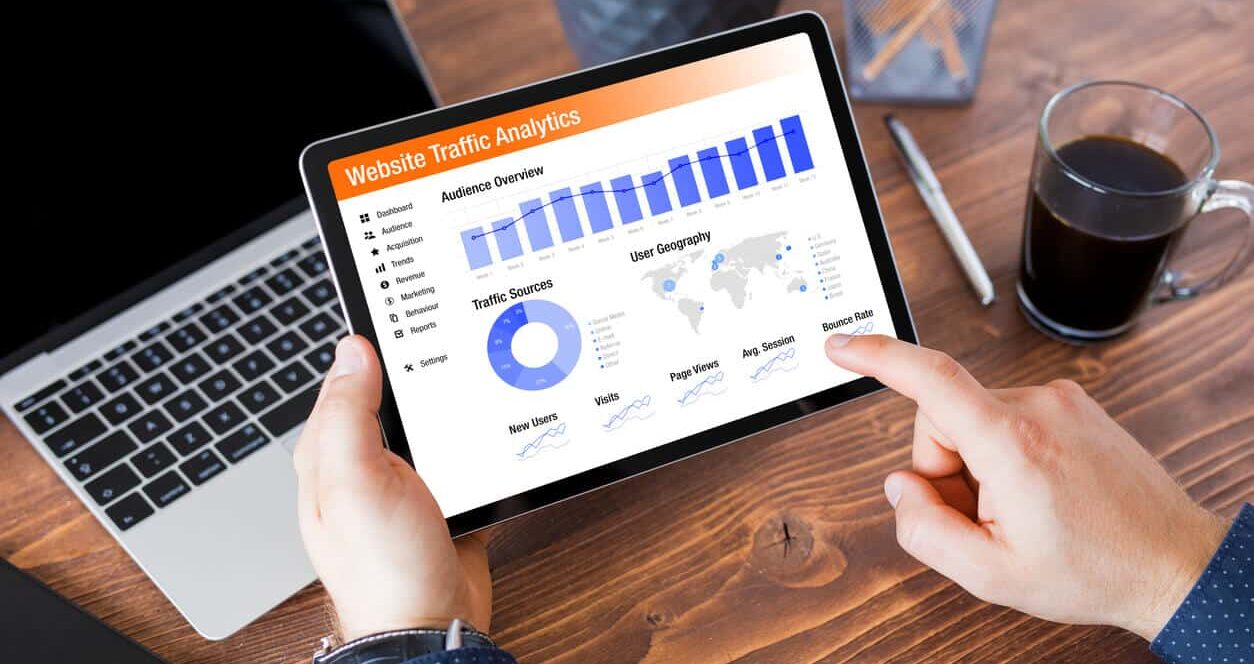In almost every session at the 2018 Place Conference in London, privacy was mentioned and obviously, as this was a conference about location proximity, this was a headline. Jon Chase, Chairman Media Agencies Council, EACA, Sarah Moth, Director, Global Media & Digital Implementation, Kantar Millward Brown; Vincent Potier, Founder, London Digital Ventures Ltd.; and Stéphanie Verilhac, EU Affairs Manager, SIINDA, started the privacy discussion by facing GDPR head on.
The opening question was on what is being done practically now that GDPR is live. Sarah Moth from Kantar Millward Brown kicked things off stating that her company and wider industry has always had regulation and codes of conduct and are all well placed to take on a new form under the banner of GDPR. Covering consent, Sarah highlighted that first party consent, like Kantar’s from consumer access panels, makes her life easier.
Jon Chase highlighted that a lot of what we are doing is rewriting contracts with publishers and ad tech companies. Sifting through who is collecting data in today and tomorrow’s world. Vincent Potier highlighted there has been less of an industry response to GDPR, leaving companies to their own devices but also that data privacy through GDPR will “change everything” and will influence consumer and business behavior.
Stéphanie Verilhac asked the question on the mobile issue, with more tricky legislation coming on e-Privacy which will go even further than GDPR when it lands. Vincent said it’s too early to plan for e-Privacy (maybe 2019?) with most DPA’s keener now on focusing towards GDPR which will inform the e-Privacy policy. Sarah said it would emphasize even more the keyword of trust for consumers. Jon commented that where possible, avoid black box ad tech and look for transparent data solutions.
All agreed that since May 25, customer databases built on email have been reduced in size and will continue to shrink with the bombardment of consent that had landed with people.
An audience member asked, is attribution even possible in this world as an advertiser or agency? Vincent believes yes it exists and lives on. The level of usage may go up, it’s about understanding GDPR is not just a tick box, it’s a data transformation exercise. Some companies won’t survive, those that survive will have quality data.
On the topic of DMPs the theme of responses was to talk to partners, don’t get tied up in all the (necessary) legal items and speak but apply rigor and document the stages you go through and keep an inventory.
Finally there was the question, where will we be in a year? Sarah is hopeful we’ll be in a better place. Better awareness and talk “humanly” in companies about this (i.e. not legal speak). Jon referenced an evidence based economy, where we acknowledge privacy and find ways that deliver great insights, in an effective legally compliant way. It’s important all companies play their role with rigor, due diligence but also keep innovating.
Vincent ended the session looking back to the 20th century and the oil industry to consider commodity and value. GDPR is the beginning, and transformation where there really is a price for data. High quality vs low quality will be even more obvious and will be the energy of the ad tech industry.



